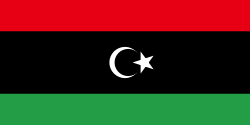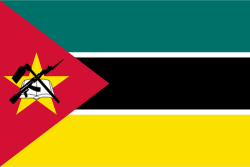Back
Ghana’s inflation rate surges to 25.8 percent in March
Apr 14, 2024
The Ghana Statistical Service announced on Wednesday that the country’s inflation rate climbed to 25.8 percent year on year in March, after easing to 23.2 percent in February.
Samuel Kobina Annim, the government statistician, said at a monthly briefing that the higher inflation in March was due to higher food and non-food inflation rates.
Compared to February, food inflation increased by 2.6 percentage points to 29.6 percent in March, while non-food inflation also increased by 2.6 percentage points to 22.6 percent, he noted.
Vegetables, tubers, and plantains contributed the most to the rise in food inflation in March, while transportation, including petroleum prices, contributed the most to the rise in non-food prices, Annim added.
Meanwhile, the official said inflation for locally produced and imported items stood at 26.6 percent and 23.8 percent, respectively.
At its last two sittings in January and March, the Monetary Policy Committee of Ghana’s central bank, the Bank of Ghana, stayed its benchmark policy rate of 29 percent to demonstrate a strong policy stance and sustain the path of disinflation.
Ghana’s economy has faced serious challenges in recent years, including soaring inflation, currency volatility, escalating public debt, and the rising cost of living.
The Ghanaian government secured a 3-billion-dollar loan from the International Monetary Fund last May, hoping to steer the economy toward recovery.
11Shares
0Comments
5Favorites
4Likes


































































































No content at this moment.